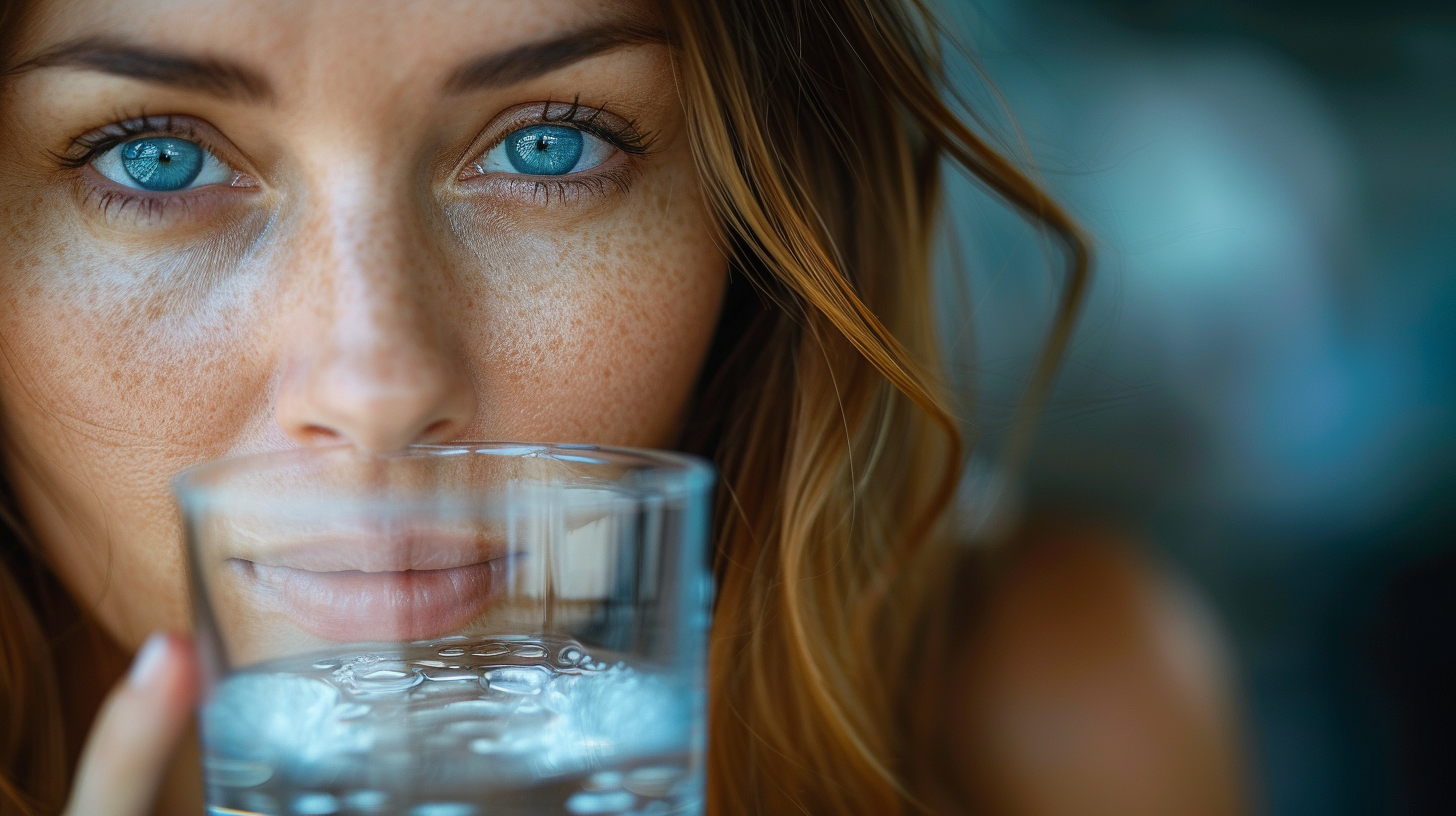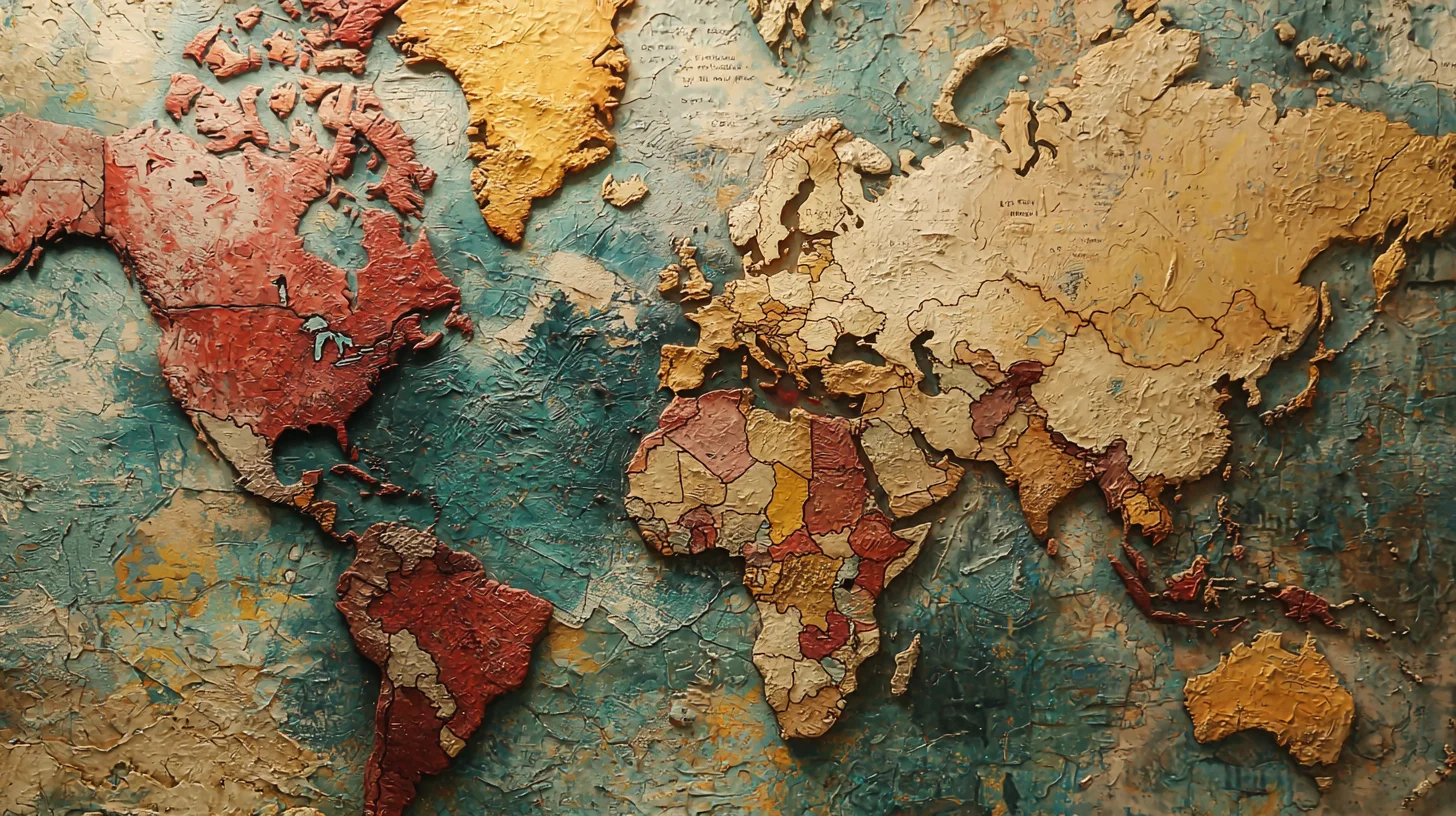13 February 2024
The Essential Guide to Hydration: How Much Water Do We Really Need?.

Press the play button in the top right corner to listen to the article
Hydration is a cornerstone of good health, yet the amount of water an individual needs can vary widely based on factors such as age, weight, activity level, and environmental conditions. Conventional wisdom often suggests drinking eight 8-ounce glasses of water a day, commonly known as the "8x8" rule, but is this one-size-fits-all advice still valid?
The truth is, the science of hydration is more nuanced. The Institute of Medicine (IOM) suggests a total daily water intake of about 3.7 liters (or about 125 ounces) for men and 2.7 liters (about 91 ounces) for women from all beverages and foods. However, these recommendations are not strict quotas but general guidelines, indicating that actual needs can vary.
Beyond Water: Do Other Fluids Count?
When it comes to meeting your daily fluid needs, all beverages, including tea, coffee, juices, and even soft drinks, contribute to your overall hydration. However, not all fluids are equally beneficial. Water is paramount for hydration without adding calories, sugar, or additives found in many other beverages. While juices and soft drinks can contribute to hydration, they often come with added sugars and calories that may not be desirable for overall health.
Interestingly, the hydration provided by different beverages can be influenced by their water, electrolyte, and sugar content. For example, drinks containing caffeine, such as coffee and tea, were once believed to be dehydrating due to their diuretic effect. However, recent studies suggest that, for individuals accustomed to caffeine, these beverages contribute to total water intake similarly to other fluids.
Hydration Through Foods
It's also important to note that hydration isn't solely about what you drink. Many foods, particularly fruits and vegetables like watermelon, strawberries, cucumbers, and lettuce, have high water content and can significantly contribute to your daily water intake.
Listening to Your Body
Perhaps the most crucial advice is to listen to your body. Thirst is a reliable indicator of when you need to hydrate. Urine color is another helpful indicator; pale, straw-colored urine typically indicates proper hydration, while dark urine suggests you may need to drink more fluids.
Conclusion
In summary, while water is essential for hydration, other beverages and high-water-content foods also contribute to your daily fluid intake. The key is to consume a balanced mix of fluids throughout the day and pay attention to your body's signals. Remember, hydration needs are personal; what works for one person may not suffice for another. Ensuring a variety of hydrating sources, prioritizing water, and listening to your body's needs is the best strategy for staying hydrated and healthy.
The content, including articles, medical topics, and photographs, has been created exclusively using artificial intelligence (AI). While efforts are made for accuracy and relevance, we do not guarantee the completeness, timeliness, or validity of the content and assume no responsibility for any inaccuracies or omissions. Use of the content is at the user's own risk and is intended exclusively for informational purposes.
#botnews















































































